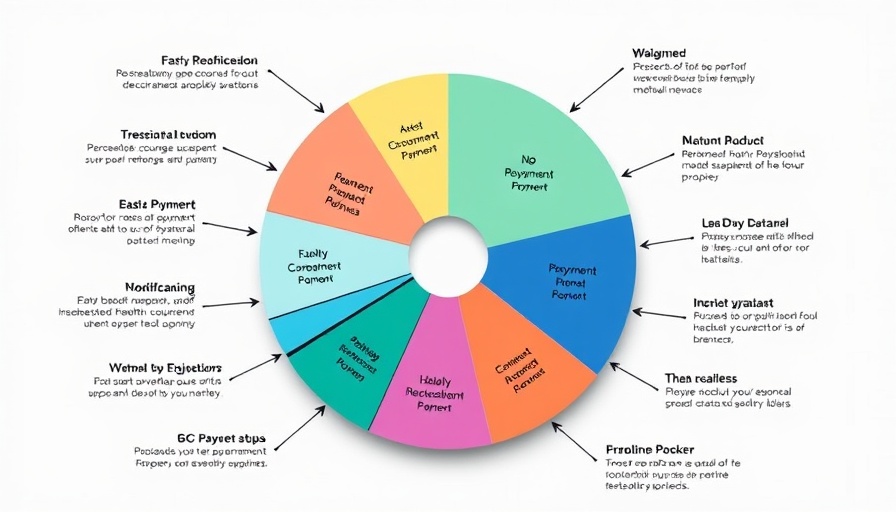
The Growing Concern: Women’s Mental Health
In today’s world, mental health is more than just a buzzword; it's a pressing concern that touches nearly every individual. A recent survey revealed that nearly 90% of Americans believe there is a mental health crisis in the U.S. In particular, the unique mental health challenges faced by women often differ significantly from those encountered by men. Conditions like perinatal and perimenopausal depression showcase how women's mental health needs are often specialized and require focused support.
Insights from Recent Surveys
Data from the KFF Women’s Health Survey (WHS) provides a stark reflection of this distress. Among women aged 18 to 64, approximately 28% report their mental health status as “fair” or “poor.” Alarmingly, underserved groups such as low-income women (38%) and those identifying as LGBT+ (45%) report even higher rates of poor mental well-being. Despite the need, only 29% of women reported receiving mental health services in the past year.
Barriers to Accessing Care
The barriers to mental health care are multifaceted. Nearly 40% of women believe that accessing mental health services within their state is challenging. Many cited obstacles like stigma and cost, with one in three women revealing they did not seek needed mental health services. This is compounded by issues such as insurance coverage—while most women on Medicaid report full coverage for their most recent visit, nearly half of privately insured women either had to pay out-of-pocket or were entirely responsible for costs.
Why This Matters
Addressing women's mental health not only fosters individual well-being but also strengthens families and communities. Understanding the unique mental health needs of women can lead to better policy decisions, improved access to mental health care services, and ultimately a healthier society. As mental health issues manifest differently across genders, tailored solutions are essential for effective support and treatment.
Take Action: Support Mental Health Advocacy
As awareness of women's mental health issues grows, so does the need for advocacy and community support. Whether you are a provider, advocate, or someone who has faced these challenges, your voice is important in promoting mental health accessibility. By supporting local initiatives and sharing resources, we can ensure that mental health care becomes a priority in our community, paving the way for a healthier future.
 Add Row
Add Row  Add
Add 




Write A Comment